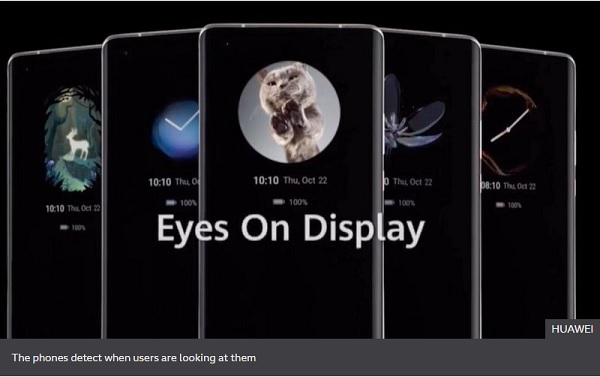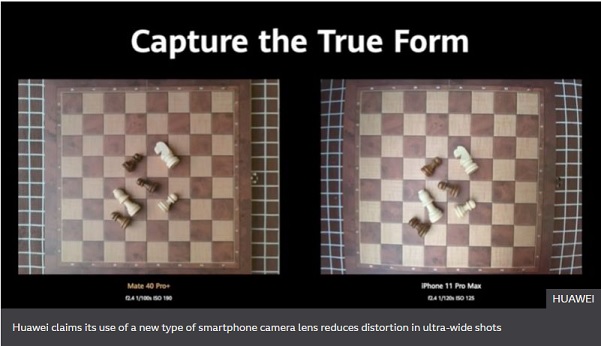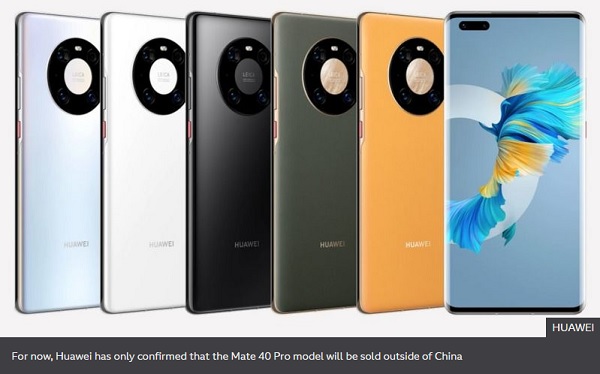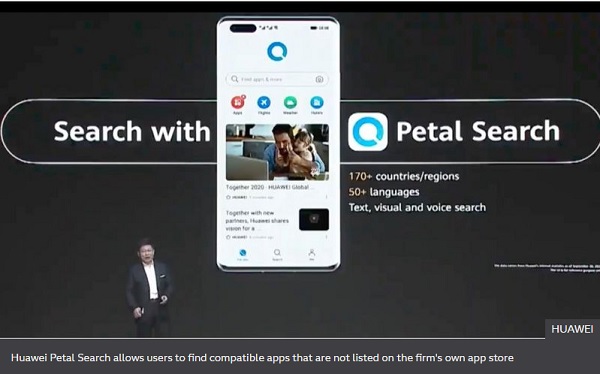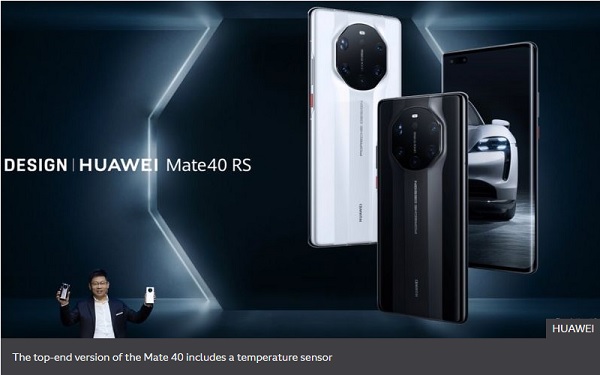
Huawei has unveiled its Mate 40 smartphones claiming they feature a more "sophisticated" processor than Apple's forthcoming iPhones.
The component was made using the same "five nanometre" process as its US rival's chip, but contains billions more transistors.
As a result, the Chinese firm claims its phones are more powerful.
However, Huawei has had its supply of the chips cut off because of a US trade ban that came into effect in September.
That means that once its stockpile of the new Kirin 9000 processors runs out, it faces being unable to make more of the Mate 40 handsets in their current form.
At present, only Taiwan's TSMC and South Korea's Samsung have the expertise and equipment to manufacture 5nm chips, and both are forbidden to supply Huawei with them or any other semiconductor product whose creation involves "US technology and software".
The States says the move has been taken on national security grounds, but Huawei denies posing a threat.
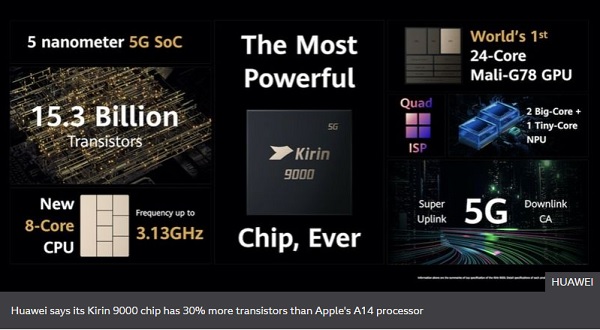
The BBC asked how many of the chips Huawei had purchased, but it declined to answer.
However, in a online presentation, the company's consumer devices chief Richard Yu acknowledged the ban was "making the situation extremely difficult for us".
Huawei also faces other earlier restrictions placed on it by Washington, which have prevented any of the devices it has launched since mid-2019 from providing access to some of Google's services, including its Play Store.
Despite this, Huawei remains the world's third-bestselling smartphone-maker, and the market leader in its home country.
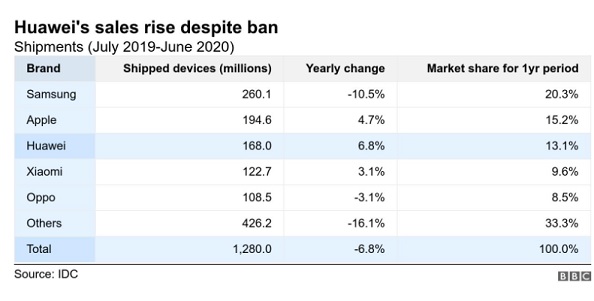
"In China, Huawei has phenomenal brand awareness in the premium space," commented Mo Jia, an analyst at tech research firm Canalys.
"Demand for the Mate 40 series is expected to be strong [there], but despite this, amid US sanctions, component constraints may limit the total quantity of new Kirin-powered smartphones Huawei can produce."
The basic Mate 40 model - which Huawei said costs €899 ($1,049; £800) - has a 6.5in (16.5cm) OLED display. Three more expensive versions - ranging in price up to €2,295 - have 6.8in OLED screens.
In each case, the screens offer a 90Hz refresh rate - meaning the equivalent of 90 frames per second - which is higher than Apple's newest iPhones but less than Samsung's S20 series.
